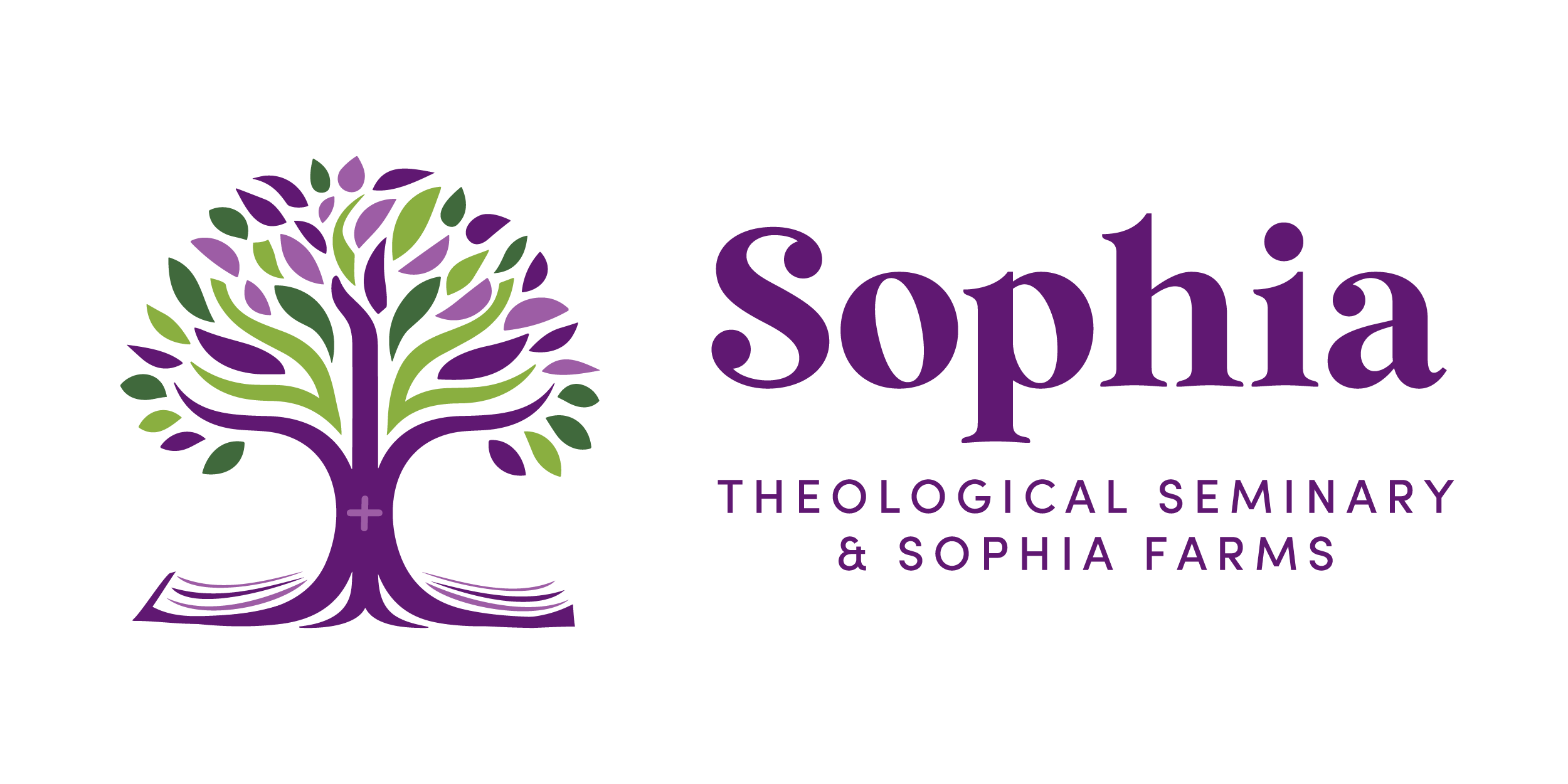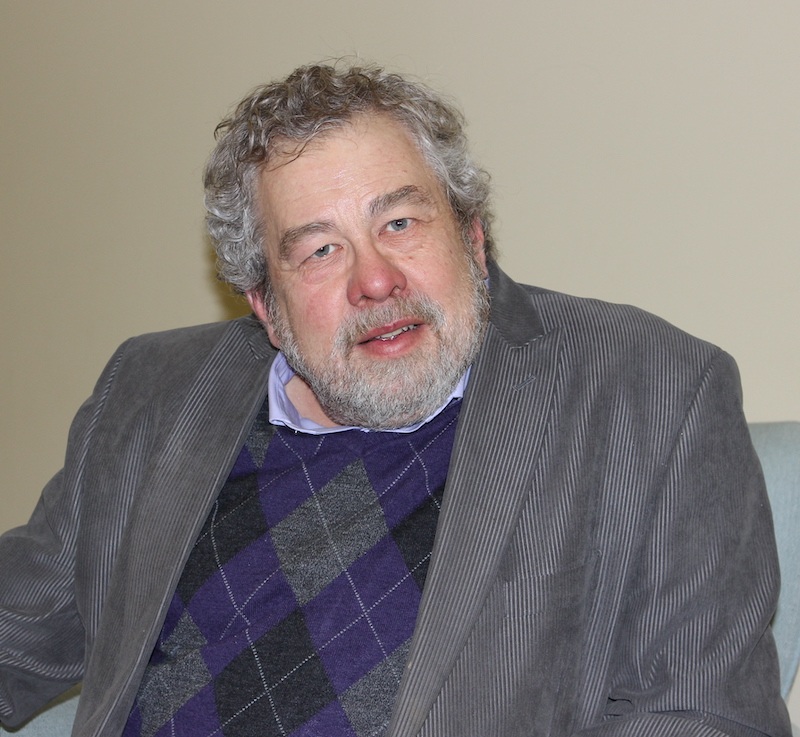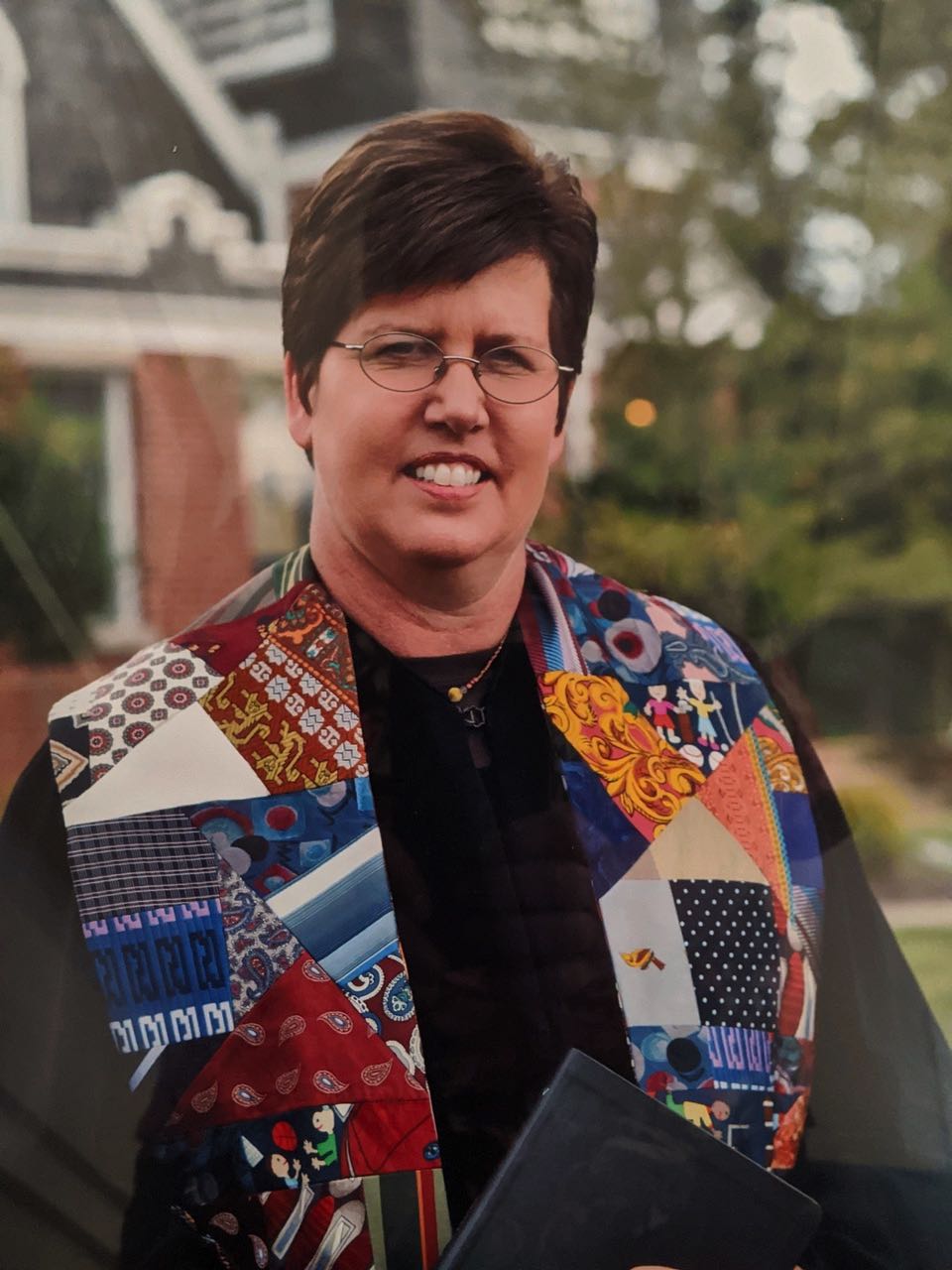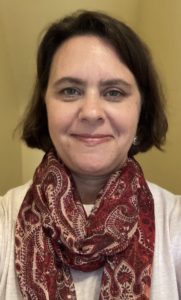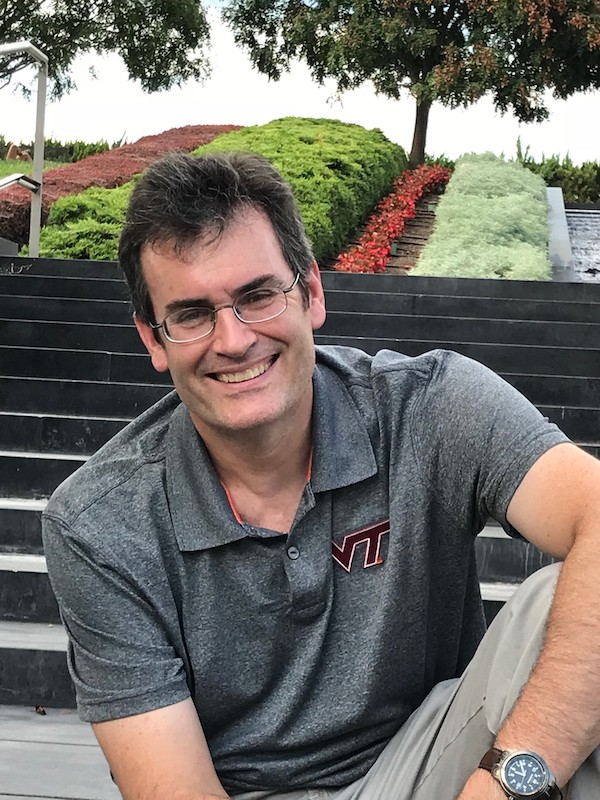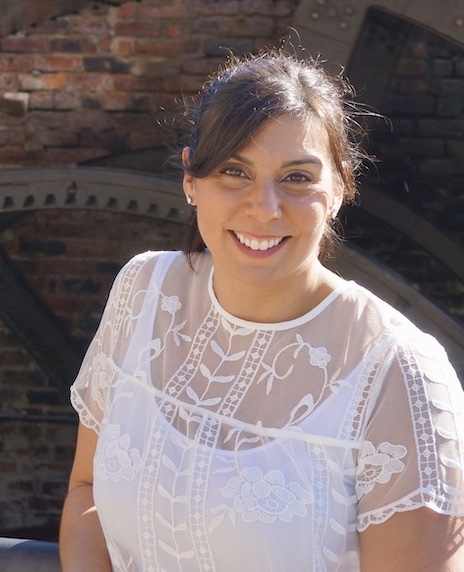Sophia Theological Seminary
Living and learning in harmony with creation and with one another.
Sophia is a community of inclusion, of freedom, of safety, of belonging.
Sophia is a community of
Inclusion
All are created in the image of God—without exception. Each life bears an imprint of the divine in an endless diversity. At Sophia, your uniqueness is a gift to be celebrated in a community ready to receive that gift and be transformed by it.
God created humankind in God’s image… Genesis 1:27
Freedom
God who freely creates created humankind with freedom. At Sophia, you are free—to express yourself, to think creatively and critically, to speak openly and honestly. Free from pressure to conform, you are free to explore and question, tearing down those traditions and systems that hold us captive.
For freedom Christ has set us free… Galatians 5:1
Safety
To love as God loves is to hold the well-being of our neighbor as closely as we hold our own. At Sophia, your well-being will be closely held, as together we take up the charge to embody a community of welcome, of hospitality, of security, of peace.
Leviticus 19:18
Belonging
As bearers of God’s image, we belong to one another—our neighbor, our community, our earth, its inhabitants, all creation. At Sophia, as we learn together alongside each other, you will become a vital part of a body that transforms you and is transformed by you.
There are many members, yet one body…
1 Corinthians 12:20
Sophia is a community created out of…
an understanding of ministry as
Transformational
Sophia Theological Seminary desires to partner with students who are called and committed to Christian ministry, students who expect their seminary experience to challenge and to change them. STS understands God to be at work in the world, transforming it, and understands this time together as a community of learning to be an experience that transforms the community as a whole and each of its members – students, faculty, staff, and partners. Thus transformed, we may, in turn, be agents of God’s transformational work in the world. STS aspires to graduate ministers who are deep-thinking, hard-working, world-changing disciples of Jesus.
a theological education that is
Affordable
The primary system of financial support for Sophia Theological Seminary is the work of Sophia Farms. Rather than contributing financially through a tuition structure, students, alongside teaching members of STS, commit themselves to working up to ten hours per week in Farm-related labor. The produce of the Farm then provides the operating budget of the Seminary. This integration of endeavors recognizes God’s first commandment to care for creation and provides a rhythm of life and learning, while creating community and serving as a resource for God’s work in the world.
a mode of teaching that is
Integrated
The mode of teaching at STS is in direct response to present realities in which most seminary curricula are segregated by discipline, relying upon student efforts to make crucial connections, and in which the church and the academy struggle with a false understanding that a boundary exists between the “academic” and the “practical.” All teaching at STS happens in seminars that are integrated across discipline and across any perceived barrier between the “academy” and the “church.”
an intent to forge partnerships that are
Collaborative
Sophia Theological Seminary is committed to partnership as a way of being God’s people and doing God’s work in the world and seeks to partner with organizations, churches, groups, and individuals who share this commitment. As articulated in our Core Values, STS understands partnership to be cross-denominational, ecumenical, and interfaith.
a financial model that is
Sustainable
The separate establishment of the Seminary and the Farm creates a financial structure and system whereby each institution is free-standing but also integrated, as the work of one enables the work of the other. In this model, the Seminary’s and the Farm’s operating expenses are financed through the proceeds of the Farm. This structure has two important features: first, it offers a measure of protection to funds invested in the Farm and, second, donations can be used, in larger measure, to enable and expand the community’s programs and initiatives.
Our Students
Sophia Theological Seminary offers a 27-month Master of Divinity degree. The year-round academic calendar runs from June to May, and students are accepted into year cohorts of 12-15 students. Sophia’s curriculum is built around two primary concepts: (1) complete integration, across disciplines and across artificial categories of “academic” and “applied” and (2) seminars sustained around a single “theme” for the semester.
We are an inclusive community where learning is collaborative and where we labor together within and beyond the Seminary in service to God’s creation and God’s people.
Sophia invites applicants to its Master of Divinity program who hear the call of God’s Spirit and have intellectual abilities, emotional capacities, and spiritual disciplines necessary to be Christ-like leaders in ministry. Sophia is selective in its admissions standards. Due to the seminar- and research-based curriculum of the Seminary, prospective students must be self-motivated, and capable of guided and independent research.
Our Core Values
As an embodied community of learners committed to God as revealed in Jesus Christ, the Seminary assents to a set of core values, including:
- Life together in community will be marked by daily rhythms of study, worship, fellowship, and work.
- Being a community of inclusive welcome is foundational to the life, work, and self-understanding of the Seminary.
- Theological education is to be a holistic endeavor, undertaken with rigor, built upon a curriculum that is integrated across disciplines and that moves freely between “church” and “academy”.
- The community will exercise wise stewardship of capital resources, natural resources, and people.
- The community claims its heritage as little “b” baptist, understanding this heritage as historical, transcending specific denominational confines, and equally commits itself to ecumenical and interfaith work, locally and globally.
